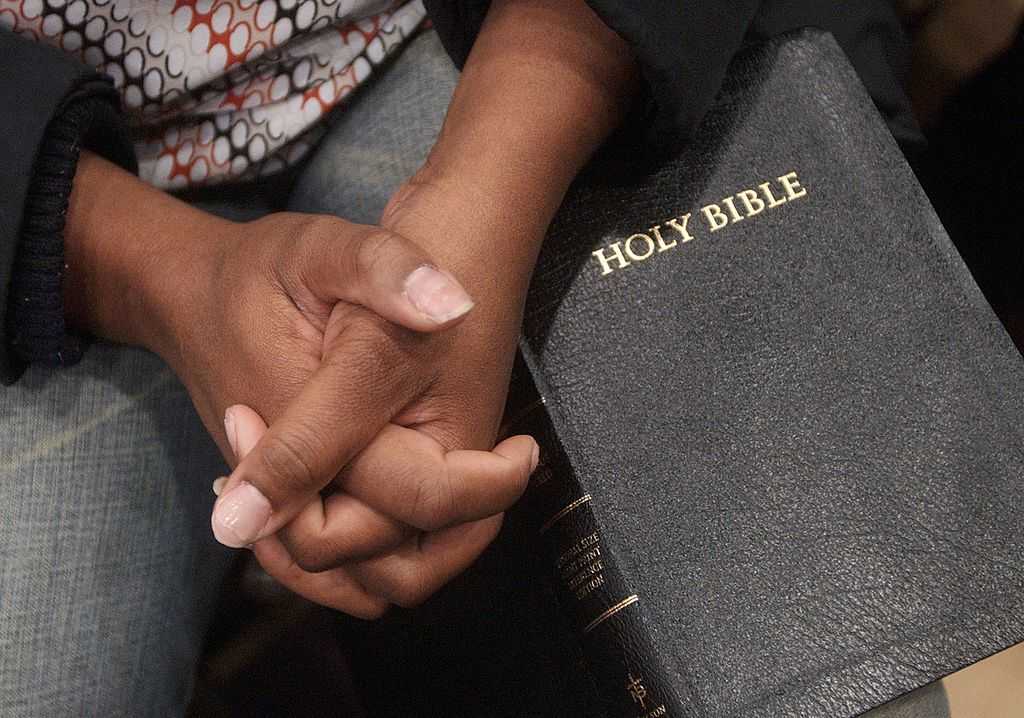A professor at the University of Arkansas is warning about the negative impact that he believes embedded and unrestrained anti-Christian bias is having on American college campuses.
Robert Maranto, 21st century chair in leadership in the university’s department of education reform, published an op-ed this week in The Atlanta Journal-Constitution, using an example of racial discrimination to highlight his belief that anti-Christian sentiment is a modern-day campus problem.
“Compared to racial and gender discrimination, this kind of religious discrimination gets little attention from researchers,” Maranto wrote. “Professors do not find the topic interesting, which itself is telling. Yet the extant research findings are concerning.”
He went on to cite examples of studies that have shown that Christians have a harder time getting into psychology doctoral programs, and that socially conservative professors have to work harder and publish more articles than their ideologically opposed peers if they want access to the same academic positions.
Another study Maranto referenced — one that I cover in-deph in my book, “Fault Line: How a Seismic Shift in Culture Is Threatening Free Speech and Shaping the Next Generation” — focuses on researcher George Yancey’s study that found that many professors would hesitate to hire evangelical Christians.
Maranto’s concern, though, isn’t necessarily that secular individuals hold these views; it’s that he worries about the lack of ideological diversity that comes as a result of those collective positions, warning that it enables “an arrogant tendency to dismiss dissenters as unacceptable people with unacceptable opinions.”
“Like other biases, anti-Christianity limits the talent we recruit,” he wrote. “Second, exiling dissenters retards research. On subjects from family life to foreign policy, academia has scores of professors asking questions of interest to the secular left for every one doing so from the religious right.”
In the end, Maranto said this limits professors’ understanding of the world. But he said the biggest problem is that this contributes to a situation in which people — particularly Christians — lack trust in institutions such as media, universities and higher education.
Read more about Maranto’s arguments here and for a full and complete analysis of anti-Christian bias in colleges, media and universities, consider checking out “Fault Line.”



